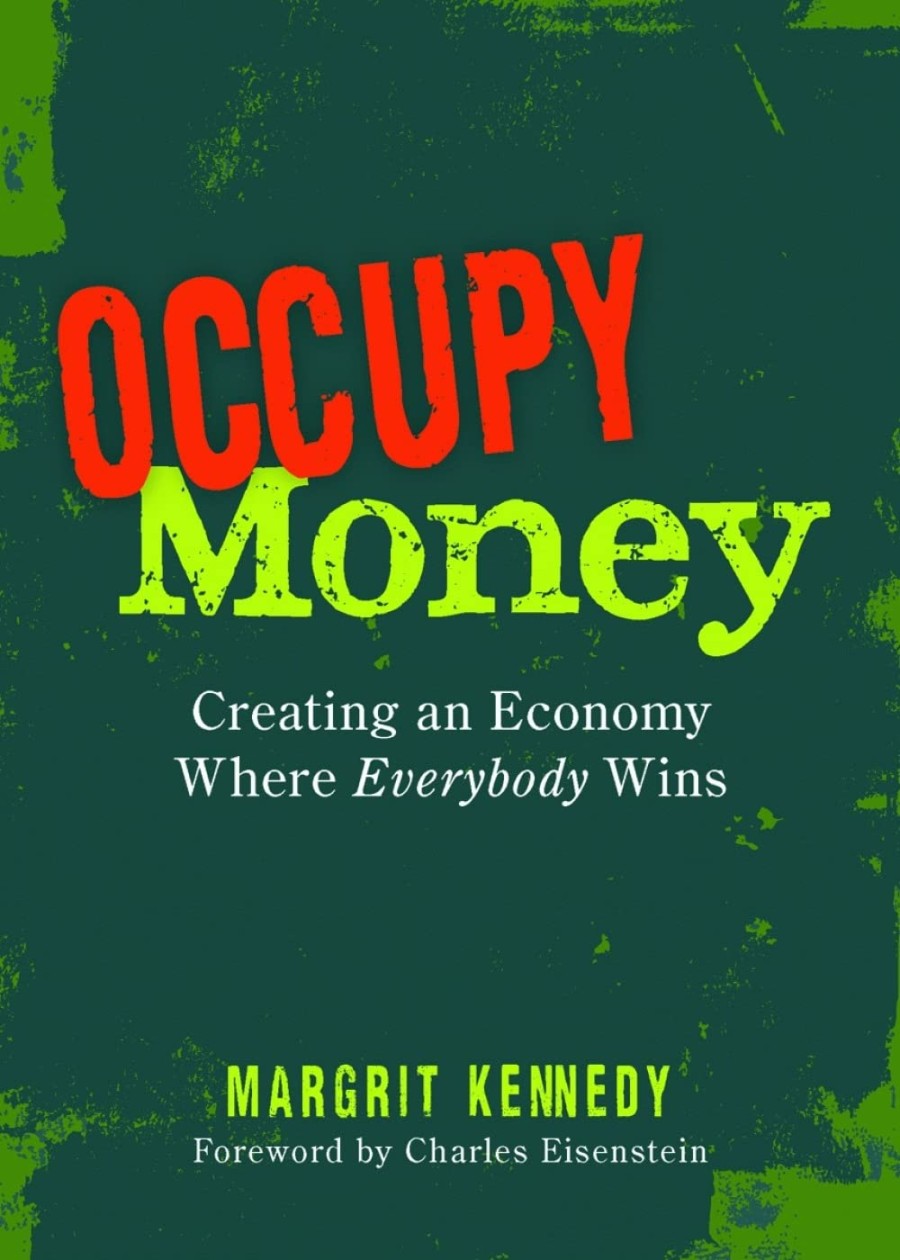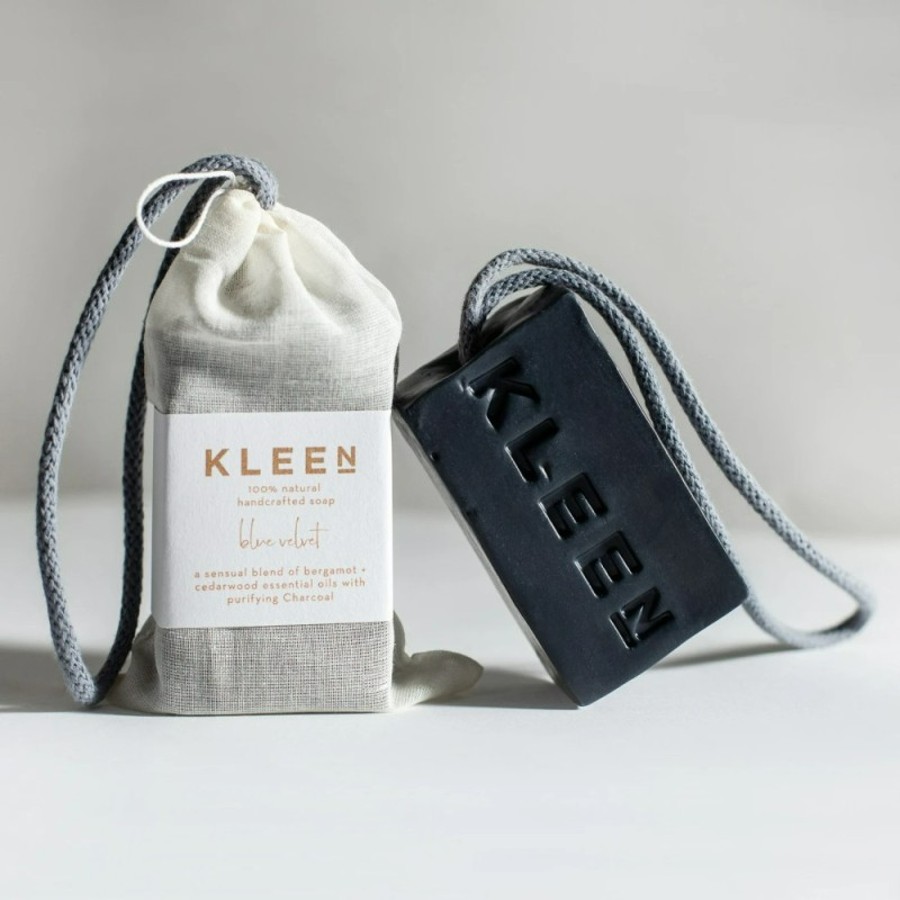
Seriously, localism is so exciting! Why get depressed looking at the news, about Wall Street or London City or investments in companies far away, that mostly just pollute and abuse? There are so many good solutions around, to bring back local money to local communities, which creates jobs and is good for the welfare of all (people, animals and planet).
One of the best ways to make a difference to the financial world is to join your local credit union. A credit union is a bank owned and operated by local people, and not operated for profit. It’s complicated to set one up, so try to join one that already exists. Nearly all areas have one, formed by a common bond (usually location but also there are ones for professions and religions).
Rather than interest, you are encouraged to save (not get into debt). You get dividends based on savings, and loans are only for those who save regularly. Interest is set by law to be low (around £50 in interest on a £500 loan over a year). And like banks, they are covered by Financial Compensation services from government up to set amounts.
Joining is simple. Just turn up at the office or pop-up (community shop, school) with £1 and some form of ID (some let homeless people use a hostel address). Small branches stick with that, but larger branches offer visa cards to mortgages to business help. Find your local credit union. There are also credit unions for:
start your own local currency
Another good way to keep money within local communities, is to support local currencies, which work a bit like gift vouchers. In use in Lewes (Sussex) and Brixton (London), the bank notes are beautifully designed with security watermarks (the latter has a way to pay by text at markets in local currencies). You collect them and then get change back in sterling. Sometimes big supermarkets have asked to join, they don’t really get the idea, do they?
Margrit Kennedy’s legacy of ‘people money’
Margrit was a German architect and environmentalist, who many good books on how we need to rip up the ‘money rulebook’ and start again. She argued that the money system we use (over 2000 years old) is totally unit for modern society (interest, inflation, economic growth) and was sa fan of credit unions, local currencies and interest-free banking, which would make ‘inflation unecessary’.
She argued for a grassroots movement to ‘knock conventional money off its pedestal’ and replace it with a new idea to put ‘people before profits’.
Women overwhelmingly carry the load of the economic chaos and social misery caused by thet present money system everywhere in the world. In the new money system we abolish interest and inflation, thereby reducing the prices of all goods and services, as well as taxes by about 40%. The historic opportunity now is to present an interest-free economy as a third type of solution which is to be found neither in communism nor in capitalism, but transcends both. Margrit Kennedy






